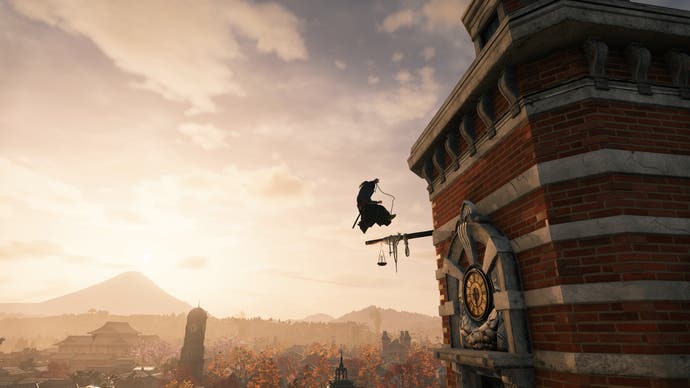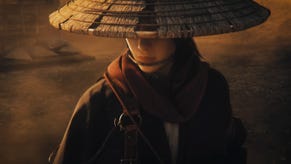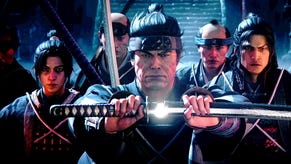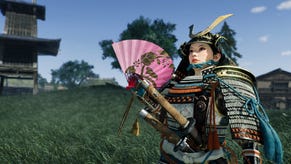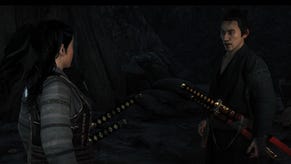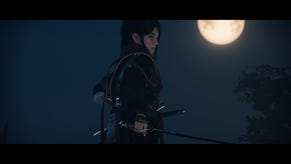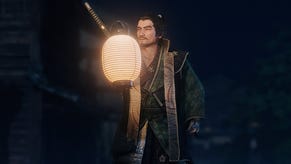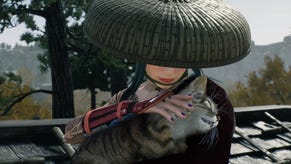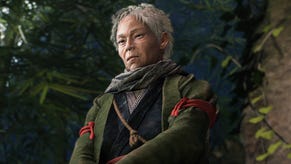Rise of the Ronin's familiarity feels like a strength
If you like that, you Tsushima other third-person samurai action game.
Describing games as "X meets Y" is often considered a little gauche. At its worst, it's a lazy and reductive habit - and one that can result in some truly awful headlines, in which two popular games with tenuous connections to the one actually being written about are unceremoniously smashed together.
However, some games are so clearly built from bits of other games shoved together that it's impossible not to think of them in those terms. Again, at its worst, that can result in a hack job - lots of barely-understood elements clumsily magpied from games that used them with more intention. Rise of the Ronin is one of the exceptions. While I spent my few hours with it reminded of other games, it was with a smile on my face. It's a remix, not a rip-off.
Rise of the Ronin is built on the foundations of Team Ninja's recent pseudo-historical action RPGs, Nioh and Wo Long: Fallen Dynasty. The (superb) character creator is near-enough identical and the combat riffs on the same themes, with a focus on using parries to break an enemy's stance so that a critical blow can be delivered. Blocking and dodging can get you through the vast majority of fights, but a well-timed counterspark, to use the game's specific lingo, can see you make mincemeat of enemy health bars. It's tricky, but there are an array of difficulty settings and accessibility options to make the game more approachable. There is still some Soulslike DNA there, but no more than most action games these days.
Where Rise of the Ronin differs from its predecessors is in its world and setting. The supernatural elements are gone completely, so there's no monsters to fight or fireballs to throw. Instead, the late Edo period (that's mid 19th century) setting has allowed Team Ninja to build on the existing swordplay and ninjutsu of Nioh with more modern firearms and a larger array of gadgets. You can, for instance, equip a revolver alongside your melee weapons, which functions rather like the firearms in Bloodborne, as a sort of ranged parry that can create new openings. Or, as something to be frantically emptied into a boss, to take out the last slivers of their health bar when you're only one hit away from death yourself.
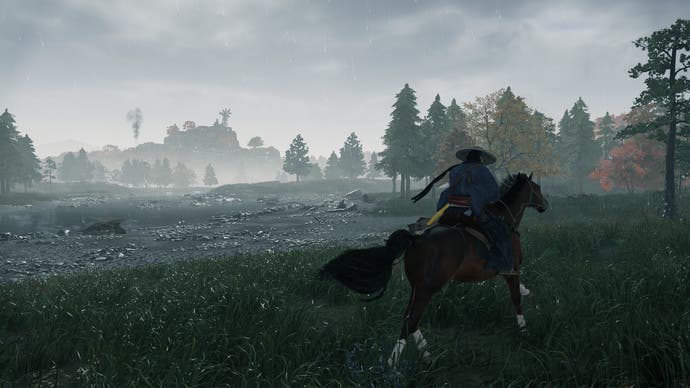
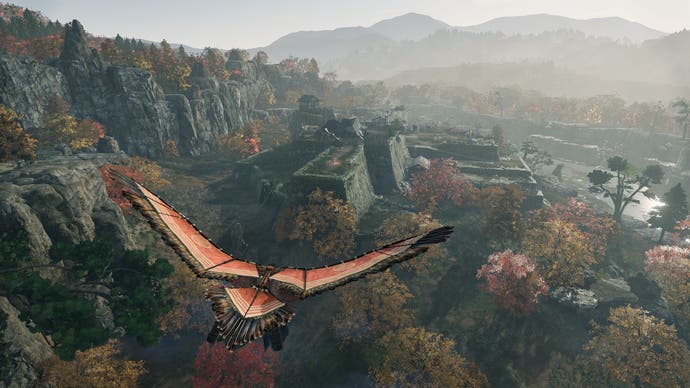
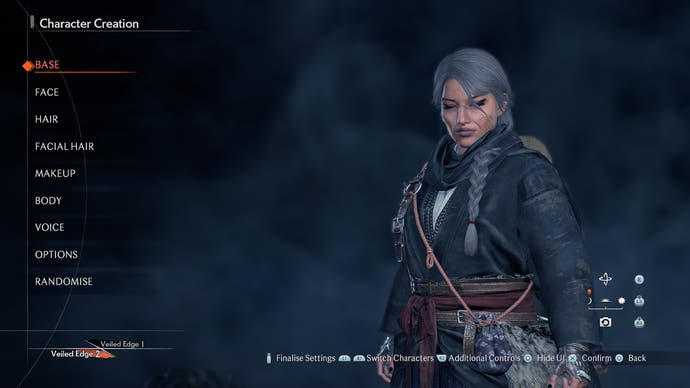
On top of that, the game takes place in an open world, instead of largely linear levels. Open world, historical Japanese setting, no monsters? Yeah, if you're thinking about Ghost of Tsushima right now, I can promise you're not alone. There are certainly some similarities, but not as many as you may think. The open world giving you a choice of how to approach a given bandit camp or enemy-occupied village is where it feels closest, with both stealth and combat being fun and effective, so you'll usually end up taking out a bit of chaff silently before messing up and having to fight the rest head on. Other than that, the massively different tone keeps them from feeling overly similar. Whereas Ghost of Tsushima is going for a more serious Akira Kurosawa vibe, Rise of the Ronin is playful and brash as it takes liberties with its cast of historical figures.
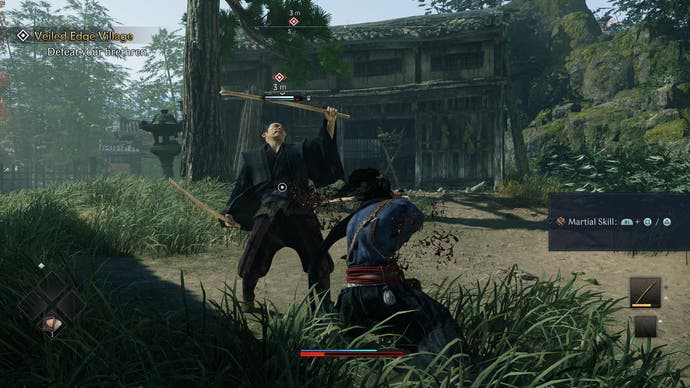
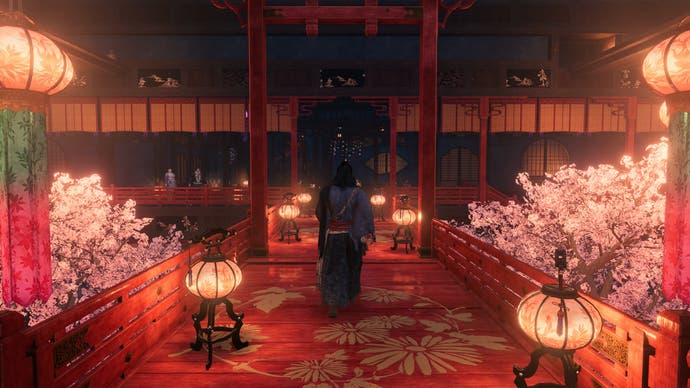
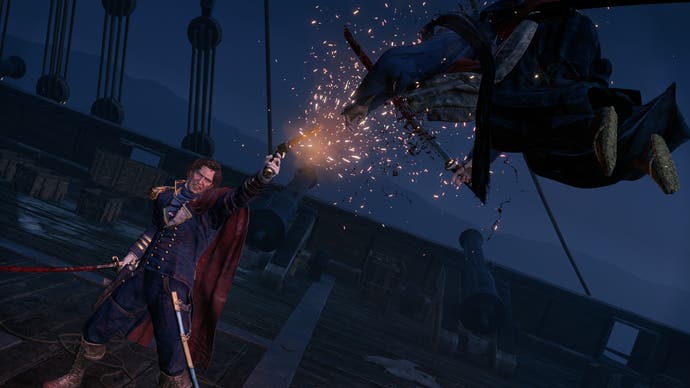
Chances are, you're probably thinking of even more games as you read this. Assassin's Creed and Way of the Samurai 4 were two that kept popping up as I played, and the glider you discover early on is just pure Breath of the Wild in its execution. There's a grappling hook as well, so if they somehow shoehorn in a jetpack later on, we will officially reach ultimate video game.
There's a lot going on and all these different elements could end up as a right mess, but it all hangs together remarkably well, at least in these early stages. After a short, linear opening, you're let off the leash with no Ubisoft-style extended tutorial shenanigans, free to start exploring the first few areas or push on with the storyline. The familiar components have been arranged in a way that is almost precisely to my liking, feeling like the end result of open world games' slow metamorphosis into full-fledged RPGs. In my time with the game, there was very little that felt completely new, but even less that didn't feel good.
